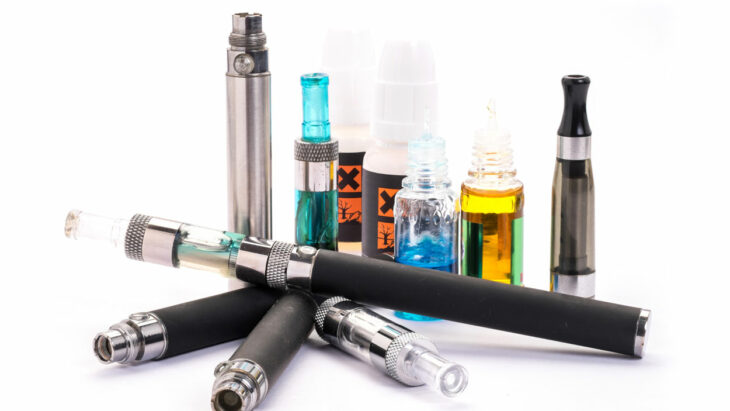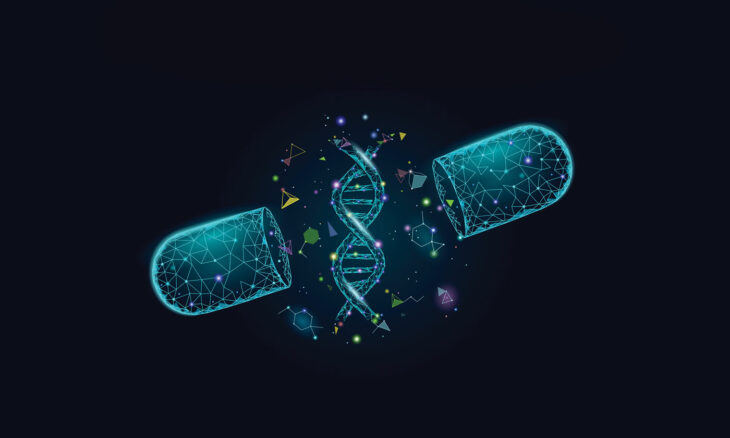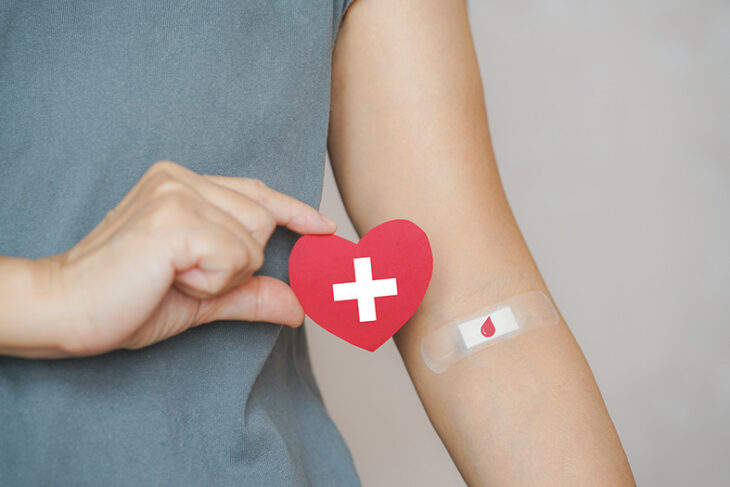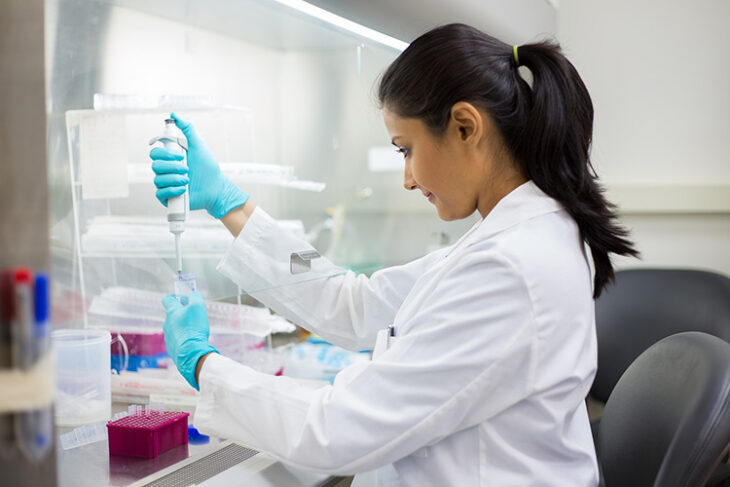
When it comes to breast health, most experts now recommend breast self-awareness over routine self-breast exams. Unlike traditional exams that followed a set method and schedule, self-awareness focuses on simply knowing what is normal for your breasts — how they look and feel — so you can quickly notice changes. Research has shown that routine […]










